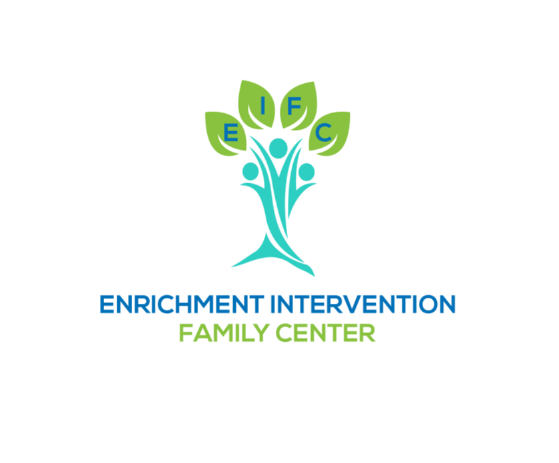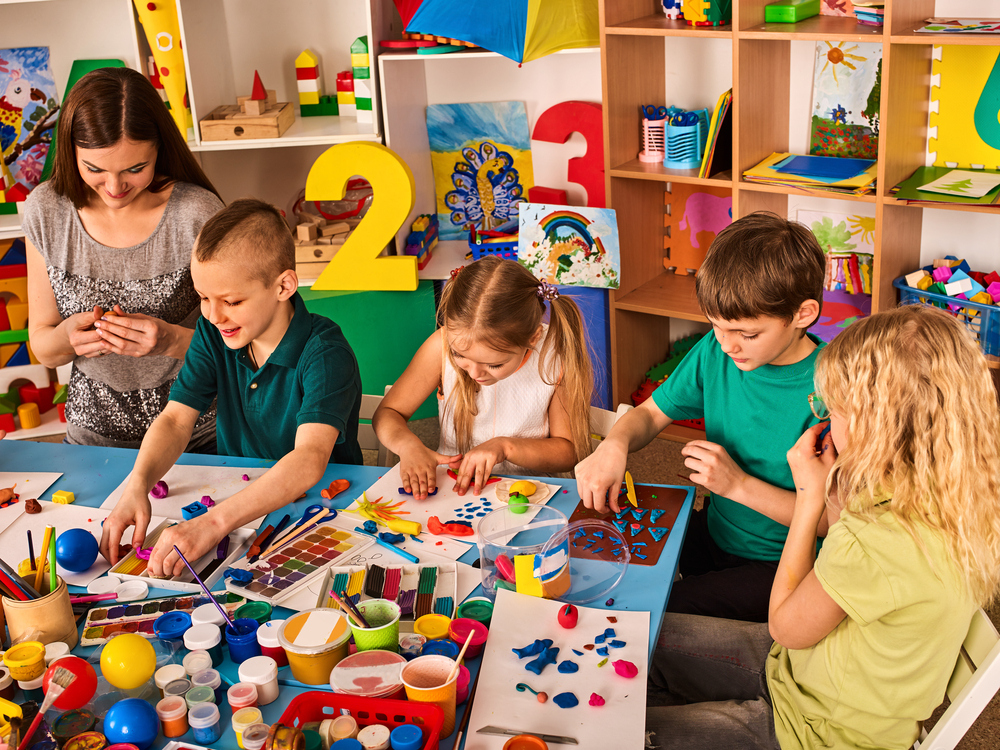Social Skills Training for Individuals with Autism
Social Skills Programs for Individuals with Autism
The majority of children and young adults with an Autism Spectrum Disorder (ASD) have some form of trouble with social communication skills. It can much more difficult, or even impossible, for them to learn to reply appropriately to social hints, making social interaction seem like a foreign world where everyone has a map except them. Social skills, or their absence, can affect the ability of a person with autism in obtaining a job, creating and preserving relationships, and participating in classrooms.
Social abilities consist of everything from joint attention as well as introductions to recognizing the concept of mind and sensations. These skills teach us the fundamental guidelines for social interaction, such as how to be respectful, as well as give us an idea of the expectations that need to be met in different social situations such as at school, home or work. The development of social skills plays a major role in all of our lives.
Social Skill Deficits with Autism
For individuals with an ASD, the level of trouble developing these social skills can be extreme or reasonably light, but even light troubles with social communication can cause significant problems with partnerships, school, and employment.
Many individuals with an ASD can lack even the most basic of social skills. It might be extremely difficult for them to make eye contact, ask and respond to inquiries, or react properly with please or thank you. These basic skills, while they are not nearly enough to support a purposeful connection, are important devices for self-advocacy and also for communicating with any kind of member of the neighborhood.
In other cases, fundamental interaction abilities are intact, yet there are gaps in the ability to comprehend the thoughts & feelings of others and to react appropriately. Most people can observe the tone and body language of others to get an idea of what’s “really” going on. In general, without the help of social skills training, autistic people (also those with really high knowledge) can’t.
This sense of social blindness can lead even the highest-functioning individuals with autism to make oversights in social situations that create all kinds of havoc. Without understanding why, a person with an ASD can ask inappropriate inquiries, hurt others’ feelings, or act in a way that opens themselves up to hostility, teasing, bullying, and seclusion.
Since there is no single authoritative body that certifies social skills specialists, strategies differ depending on where you go to seek help. In a school setting, social skills therapy may contain team tasks (usually video games or group conversations) that involve individuals with autism and their peers that have a more “typical” development. These groups may be supervised by college psychologists or social workers and may be held in the class setting, lunchroom or on the playground. Social skills groups concentrate on video game playing, sharing, and discussion.
Out-of-school social skills teams are also widely available, but medical insurance coverage is unlikely to cover such programs. Children in these programs are also organized by age & ability which helps them be assigned to a particular social skills curriculum created by a social skills specialist.
Social Skills Programs
Training programs have been developed to focus on improving the social understanding and performance of people with an ASD.
Applied Behavior Analysis (ABA) are extensive behavior therapies that can be applied early on and are often used to help adolescents with autism put their social and language/communication development back on course. These social skill training programs are based on the concept in psychology that our brain structure and experiences are heavily adjoined throughout infancy as well as very early childhood.
ABA social skills programs aim to continue growth of the “experience-expectant” mind in individuals with an ASD and ensure that they are able to take part in the vital learning situations that facilitate the growth of their social intelligence.
Early Behavioral Treatment can help overall brain & behavioral development back toward a normal path. For instance, if a young child with autism is entirely uninterested in social communication, choosing to look at non-living items instead of people, behavioral therapy may be able to help that young child learn to locate benefit or satisfaction in gazing at a human face. The more social interaction becomes valued, the even more eye stare, joint attention, and also various other essential social skills can be supported, urged, and also built upon, breaking the ice for numerous kinds of social skills training.
Social stories and cartoon therapies are other social skills program that can help those with autism. These resources use tales & cartoon illustrations to construct a situation that facilitates social understanding.
Social Stories are short, individual tales created with the purpose of assisting individuals with autism to recognize and be more comfortable with different social scenarios. These tales explain the social circumstances with thoughts and feelings used as crucial story elements.
Comic Strip Discussions use topics that the adolescent may be interested in to help uncover social rules that others find out more normally. These comics use bubbles to represent discussion can run into or overlap one another to show “disrupting” as well as “assumed” bubbles can reveal others’ thoughts throughout conversation. As an example, a kid with ASD that takes offense at a peer’s comment, “You can’t catch me!” can be revealed that the peer might not have actually been declining, yet attempting to start a fun video game of chase.
Dramatization therapy, a variation on social skills treatment, is somewhat unusual yet where it’s provided, it has the opportunity to be both enjoyable and highly informative.
Video modeling, video clip reviews of communications, group treatment, and other techniques may likewise be available in your area as well as are especially suitable for teens and also adults. Common cognitive therapy with a psychologist or psychiatrist might likewise be helpful.
Social Skills Programs at Enrichment Intervention Family Center
Social skills training programs offer an opportunity for those with an ASD to learn essential skills and become more comfortable with the social interactions that we deal with on a daily basis. If you feel as though this type of program may benefit your loved one, give us a call at (877) 360-3432 at EIFC and our experienced ABA therapy team can help point you in the right direction. Reach out to us via email today at info@eifcenter.com.
The specific material of discrete test treatment is based on an analysis of the child’s needs and their capacities. So, a child that is already efficient in sorting shapes would not be asked to arrange objects based on shape for rewards. However, would certainly focus on different, more difficult social and/or behavior jobs.
Those under the age of three receive a tweaked form of ABA therapy which much closer resembles play time rather than therapy or testing. As they come to get a grasp on these actions, the therapist begins to take the individual into real-world setups where they can generalize the behaviors they have discovered and include them into ordinary social experiences. ABA can likewise be used, in one of its lots of types, with older youngsters, teenagers, and even adults.
In addition to distinct trials ABA therapy, many other forms of treatment are becoming more prominent. Rather than giving 1:1 therapy in a class or office setting, many therapists are opting to conduct the bulk of their therapy in all-natural setups such as play areas, cafeterias, and neighborhood areas local to the individual. This approach seemingly makes it much easier for the individual to more quickly make use of the abilities they learn in therapy in a real-world situation.
How Effective is ABA Therapy?
ABA Therapy is “evidence-based,” meaning that it has passed a series of scientific tests that ensure its usefulness, quality as a form of treatment, and effectiveness for the individual. Many studies have shown positive outcomes for the majority of individuals with autism who are part of an ABA program that involves at least 25-40 hours of therapy per week over a 1-3 year timespan.
Work with an Experienced ABA Therapy Team at EIFC
At EIFC, we offer a huge variety of ABA focused therapy and other intervention services to help those in need. Our team has years of experience providing affordable training for parents and guardians with our ABA therapy, social skills, and extracurricular activities programs.
Contact us today at info@eifcenter.com or (877) 360-3432 to see what we can do for you and your family.




